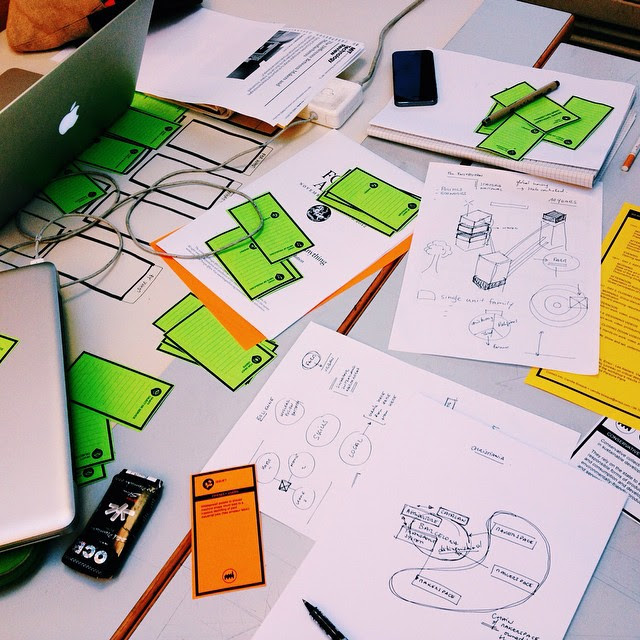
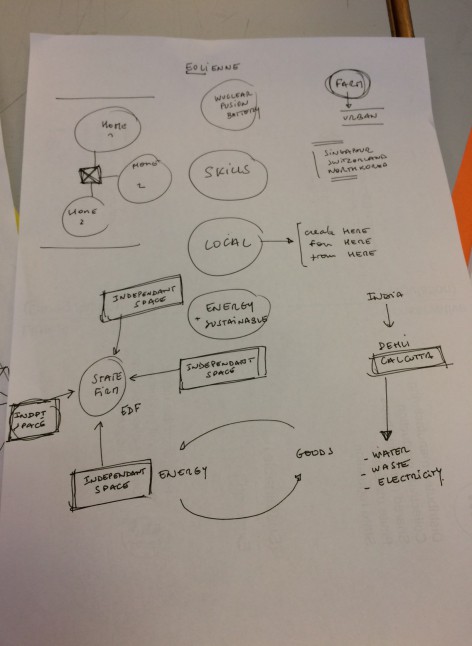
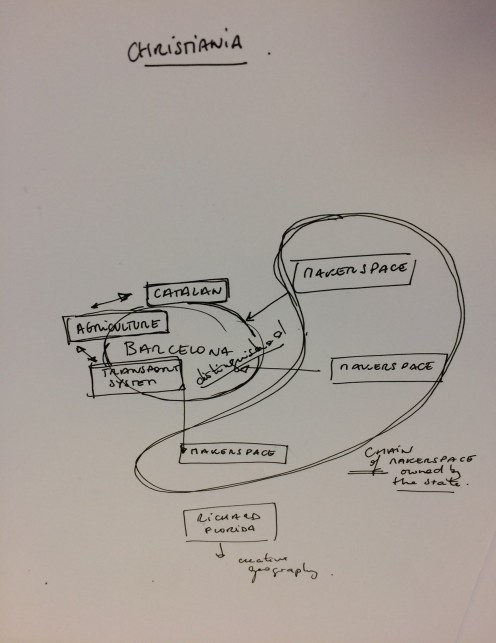
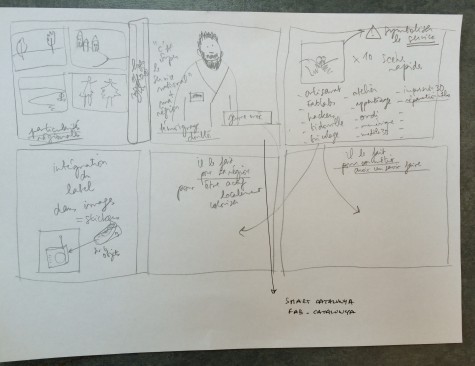
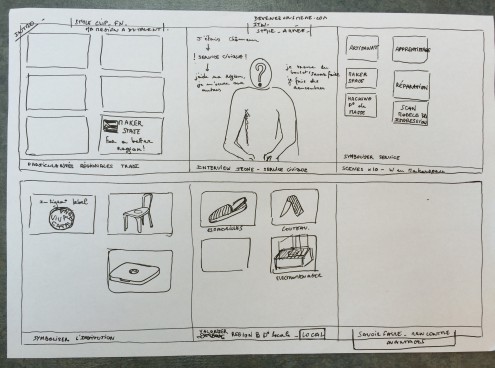
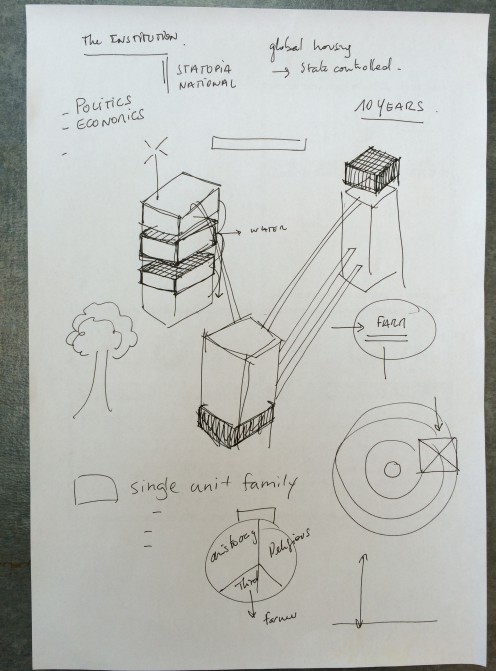
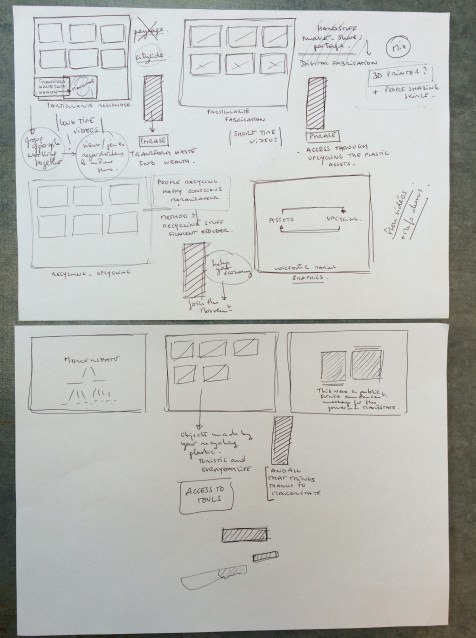
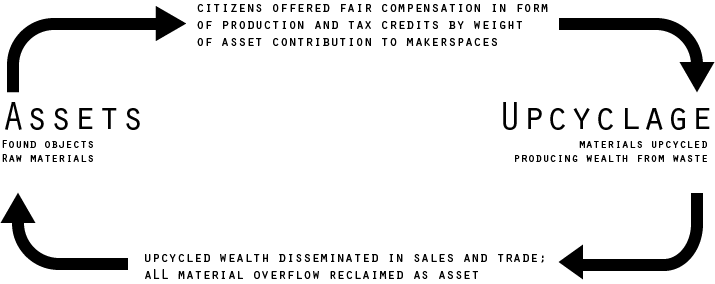
The Maker State: Condensed Overview
Le Maker State:
In 2024, there will be a number of newly-independent countries as a result of regional fragmentation. Access to raw materials will be limited due to years of overuse and climate change. The Maker State is an economic model that furthers the economic stability and independence of new countries. The Maker State is fully self-sufficient as resources and labor come directly from its citizens.
En 2024, il apparait une quantité de régions indépendantistes résultant des revendications régionales. L’accès aux matières premières sera limité suite aux années d’exploitation à outrance et au réchauffement climatique. Le “Maker State” est une institution publique qui garantit la stabilité économique et l’autonomie de ces nouveaux pays. Le “Maker State” est autosuffisant en ressources et les citoyens offrent leur force de travail.
The Maker State: Overview and In-Depth Analysis
Le Maker State:
In the year 2024, there will be a number of newly-independent countries as a result of regional fragmentation. Catalonia and Scotland will be among the first to gain independence. Access to raw materials will be severely limited due to years of overuse and climate change.
The Maker State model creates a flourishing economy, which advances the stability of newly-independent countries and allows them to remain autonomous. But, this model is not exclusive. Existing countries and regional factions may also benefit from this model, and, for the latter, even create realistic means for independence.
The Maker State is an economic system that inherently promotes a sustainable and economically stable nation. Kilograms of plastic that a citizen brings to the Maker State Upcycling Center determine how many hours of access he or she has to make 3D-printed products at the Maker State Upcycling Center, thereby creating an incentivized and self-driving economy for recycling, based on local production and consumption.
The Maker State further encourages civic participation. Workers within the Maker State Upcycling Center are government employees, hired to help maintain the center as well as assist citizens in making their product with 3D printers. Through an apprenticeship program, younger citizens are encouraged to work with Maker State Upcycling Center employees as a way to learn about the processes and explore career options in the field. As a result, the workforce of the Maker State Upcycling Center is one that is self-replenishing.
However, the paradox of the Maker State lies in its very foundation. While it is sustainably-driven, the Maker State inadvertently fosters a society that lends itself to the manufacturing of useless objects that are purposeless, and a wasteful use of resource, time, and energy. Moreover, the proliferation of 3D-printed objects creates an environment that questions the enforceability, and even legitimacy, of design copyrights, begging the question: at what point do technological advancements become degenerative?